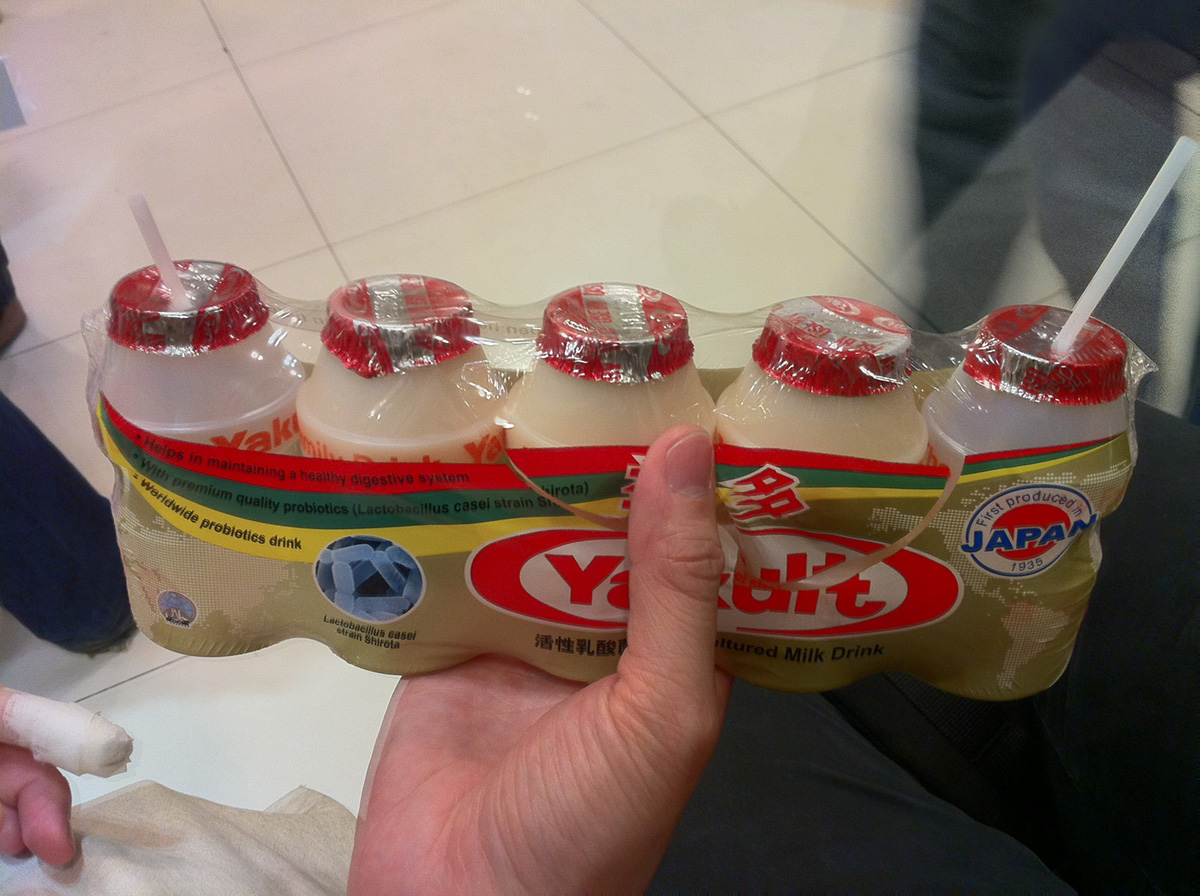
Introduction to Irritable Bowel Syndrome
Irritable Bowel Syndrome (IBS) usually comes with a serious of digestive problems and symptoms. Some of the most common ones are pain, bloating, constipation and diarrhea, nausea, stress and a lack of proper nutrient absorption.
People who have IBS may also experience cramping and spasming of the intestines, gas, heartburn, and pain while eating or while defecating, hemorrhoids, small tears in the anus called anal fissures, and hard stools that make defecating painful.
It is a very widespread disorder, even though most do not enjoy talking about it. According to some of the latest figures, over 50 million Americans suffer from IBS.
It is strange that a problem that occurs so often in so many people does not receive much coverage from the media.
The diagnosis of IBS depends on ruling out other digestive problems that often come with very similar symptoms. Some of these disorders include celiac disease, Crohn’s disease, ulcerative colitis, colon cancer and lactose intolerance.
When IBS occurs, the muscular contractions of the bowel are no longer well-coordinated, which leads to stools, gas and toxins being trapped.
There are foods that doctors recommend people who have IBS avoid, some of which are animal fats, sodas and alcohol, coffee, dairy, refined foods, spicy foods and sugars.
Foods that doctors recommend are non-acid fruits and vegetables, brown rice, quinoa, sprouted grains, tofu, oats, coldwater fish and lentils.
Omega-3 fatty acids and fiber are necessary parts of the diet, so eating foods that are rich in both is recommended.
Also, drink a while lot of water, at least eight to ten glass each day, is very necessary.
Natural Remedies
It is important to remove certain foods form the diet, at least for several weeks so that the symptoms will subside. Some of these foods include wheat, milk, eggs, peanuts, tree nuts, tomatoes, shellfish, chocolate and corn.
One of the best natural ways to get rid of IBS is through probiotics, which are live microbial organisms that are already in the digestive tract naturally. They are referred to by some as “friendly bacteria and are good for the health while also decrease the amount of harmful bacteria in the body. They also improve the immune system and protect the digestive tract.
Studies show that three different doses of the good bacteria Bifidobacterium infantis can be effective in decreasing abdominal pain, bloating, bowel dysfunction, straining and gas.
There are also many other strains of probiotics that can be used for IBS, including lactobacillus salivarius, making probiotics one of the best natural ways to get rid of IBS, along with altering ones diet and every day eating habits.


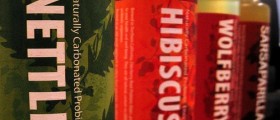

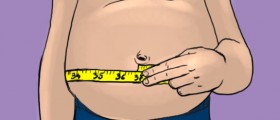
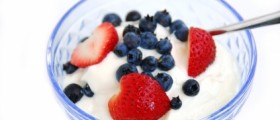
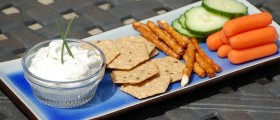
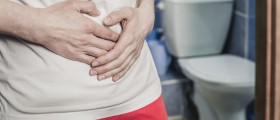
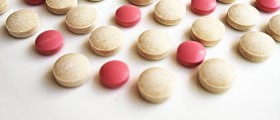
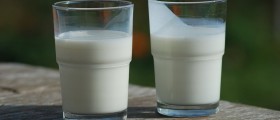




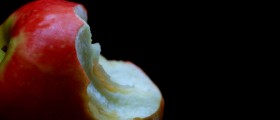


Your thoughts on this
Loading...